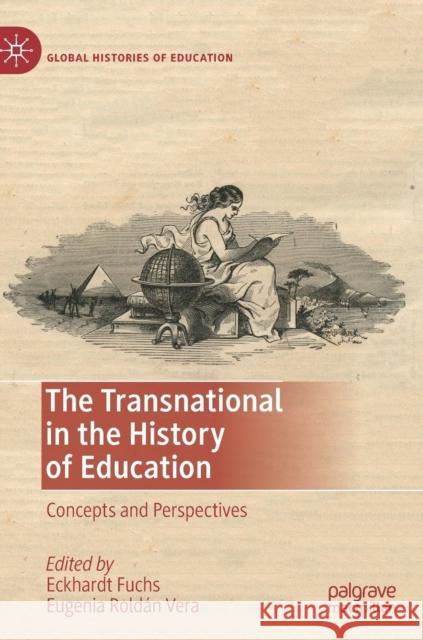The Transnational in the History of Education: Concepts and Perspectives » książka
topmenu
The Transnational in the History of Education: Concepts and Perspectives
ISBN-13: 9783030171674 / Angielski / Twarda / 2019 / 302 str.
The Transnational in the History of Education: Concepts and Perspectives
ISBN-13: 9783030171674 / Angielski / Twarda / 2019 / 302 str.
cena 603,81
(netto: 575,06 VAT: 5%)
Najniższa cena z 30 dni: 578,30
(netto: 575,06 VAT: 5%)
Najniższa cena z 30 dni: 578,30
Termin realizacji zamówienia:
ok. 22 dni roboczych
Dostawa w 2026 r.
ok. 22 dni roboczych
Dostawa w 2026 r.
Darmowa dostawa!
Kategorie:
Kategorie BISAC:
Wydawca:
Palgrave MacMillan
Seria wydawnicza:
Język:
Angielski
ISBN-13:
9783030171674
Rok wydania:
2019
Wydanie:
2019
Ilość stron:
302
Waga:
0.53 kg
Wymiary:
21.01 x 14.81 x 1.91
Oprawa:
Twarda
Wolumenów:
01
Dodatkowe informacje:
Wydanie ilustrowane











